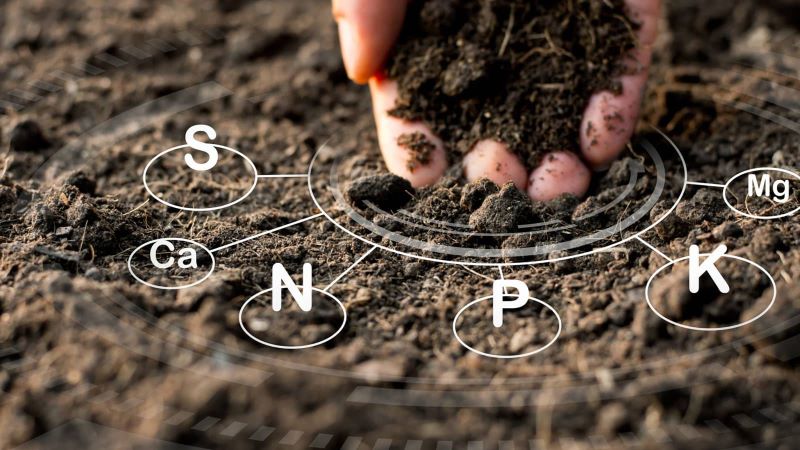A historic opportunity awaits Illinois landowners to unravel the mysteries of their soil’s transformation over more than a century. In exchange for permitting soil sampling, they could receive complimentary analyses worth $5,000 and expert consultations from a University of Illinois Urbana-Champaign research team.
The project emerged when soil scientist Andrew Margenot unexpectedly discovered an ancient trove of soil samples, some dating back to the late 1800s, in a soon-to-be-demolished university barn. This 8,000-sample collection, potentially the oldest and largest of its kind globally, presented a ripe opportunity for analysis.
After digitizing the soil archive a year ago, Margenot, supported by the Illinois Nutrient Research and Education Council (NREC) and Illinois Farm Bureau, has appealed to current landowners to allow his team to resample the 453 original sites. However, the U. of I. team has only accessed 8% of the locations so far.
“Identifying landowners is public information, but we need a way to contact them and obtain their permission for resampling,” said Margenot, an associate professor in the Department of Crop Sciences and Illinois Extension, both part of the College of Agricultural, Consumer and Environmental Sciences (ACES) at U. of I.
Comparing historic and new samples could provide unprecedented insights into Illinois’ soil resource base, including the impacts of climate change, erosion, and sustainable practices. Margenot believes the data could benefit farmers, engineers, and municipal planners.
The sampling process would involve a 1.5-inch diameter probe to collect soil samples 3 feet deep at three points within a 10- to 15-foot area, with the location anonymized at the county level to protect privacy.
In return for allowing sampling, landowners will receive their results, valued at $5,000, and the research team’s expertise in interpreting the findings, an invaluable perk for many. Interested property owners can check the soil archive map, click on the pins, and navigate to the individual sign-up link for each location or contact the researchers directly at margenot@illinois.edu or suweixu2@illinois.edu.







